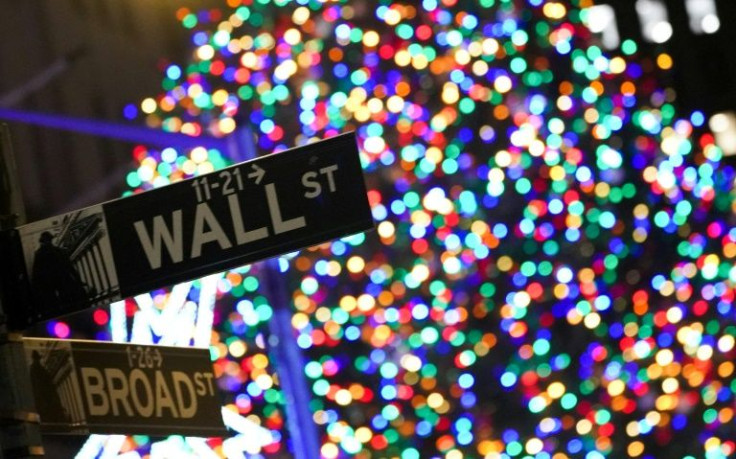Stocks Plunge As Investors Worry About Fed Delays, Global Economic Slowdown

The U.S. stock market experienced severe declines today, driven by widespread concerns over a potential slowdown in the economy and dissatisfaction with the Federal Reserve's response to economic conditions. The Dow Jones Industrial Average fell nearly 1,000 points as investors reacted to fears that the Federal Reserve might be slow to implement significant interest rate cuts. According to NBC News, this market sell-off comes amid growing speculation that the Fed will need to act decisively in the coming months to address economic challenges.
In addition to the Dow's sharp drop, the S&P 500 and Nasdaq Composite also suffered notable losses. At their lowest points, the S&P 500 was down 2.7% and the Nasdaq fell 3.2%. The global impact of these economic fears was highlighted by a significant decline in Japanese stocks, with the Nikkei 225 index plummeting 12%, marking its largest drop since 1987, CNN reported.
Major technology stocks experienced sharp initial declines but showed some signs of recovery later in the day. Microsoft, Alphabet, and Meta Platforms, which had seen substantial losses, rebounded slightly, though they remained lower by less than 3% at midday. Apple, after a dramatic drop of up to 12%, was down around 4%, while Amazon, which had fallen 10%, was trading approximately 4% lower.
Despite the day's turbulence, some economic indicators suggest that the underlying economy remains relatively strong. The preliminary GDP growth rate for the second quarter was reported at 2.8%, surpassing forecasts. This has led some experts to argue that the market's reaction may be excessive. RSM US Economist Tuan Nguyen, as noted by NBC News, indicated that the economic fundamentals are solid and cautioned against overreacting to a single month's data. ING Chief International Economist James Knightley added that while recent job reports were disappointing, other economic indicators suggest continued growth.
Political commentary also surfaced in response to the market volatility. Former President Donald Trump used the situation to criticize Vice President Kamala Harris, contributing to the trending of the hashtag #kamalacrash. This political dimension highlights how economic issues are often intertwined with broader political narratives.
As trading progressed, the market showed some signs of stabilizing. By midday, the Dow was down about 750 points, or 1.9%, and both the S&P 500 and Nasdaq experienced partial recoveries from their earlier lows. Despite this, the market remains volatile, with investors and analysts closely monitoring developments and awaiting further actions from the Federal Reserve.
© Copyright IBTimes 2024. All rights reserved.






















